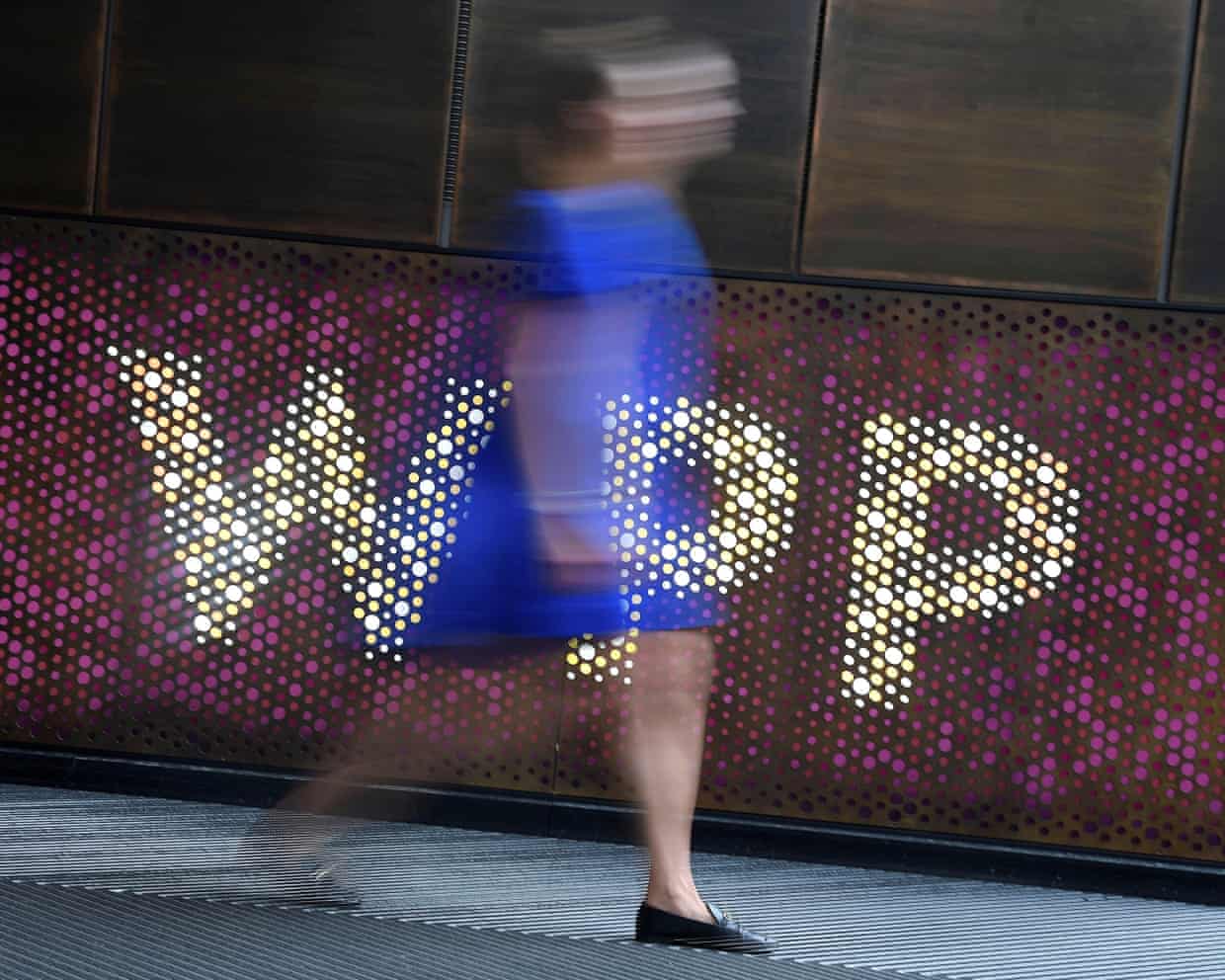This gift to housebuilders from Labour is shameful | Letters

The leaked memo circulated in the housing ministry confirms our worst fears: this Labour government is abandoning its promises on affordable housing (A leaked memo, a Maga-style hat and a trail of broken pledges – it’s Labour’s great housing betrayal, 15 October),It’s a slap in the face for people who are crying out for homes they can afford to live in,The plan to shower large property developers with public subsidies is an astonishing misuse of taxpayer money,At a time when public services are on their knees, the government proposes to use scarce public funds to boost the profits of highly successful private companies,We already see this in Liverpool, where the Labour council allows private developers to avoid paying much needed section 106 money because they argue that their schemes become “unviable”.
The proposal to suspend the community infrastructure levy is equally shortsighted and damaging.The levy is a crucial tool for ensuring that development benefits everyone, not just the developers.It pays for essential infrastructure: new schools, GP surgeries and transport links.This change will mean worse roads, fewer school places and more pressure on GP surgeries.It will cripple community budgets for years to come.
Most tellingly, the exclusion of local authorities and social housing providers from these discussions reveals Labour’s true centralising colours.To sideline us so completely shows a government that trusts big business more than it trusts local communities.This is a policy born of the same old Westminster thinking: top-down, developer-led and fundamentally unfair.It is a profound betrayal, and local communities will not forget it.Cllr Carl Cashman Leader, Liverpool Liberal Democrats; vice-chair, Local Government Association inclusive growth committee, Cllr Mike Ross Leader, Hull City council, Cllr Jim Millard Deputy leader, Richmond upon Thames council The proposal by the housing secretary, Steve Reed, to reduce affordable housing requirements to 20% would be a gift to developers and a disaster for those who actually need homes.
The idea that weakening obligations will unblock delivery is a false economy.It doesn’t speed up construction; it simply reduces the share of new homes that are affordable, deepening the housing crisis.Lowering the quota also distorts viability assessments: developers will increasingly argue that even 20% is unprofitable on many sites, especially small or difficult ones, and ask for further reductions or exemptions.This pattern is already visible across planning systems: the stronger the baseline requirement, the more developers accept it; the weaker it is, the easier it becomes to wriggle out of it.International experience proves that firmness works.
In New York, inclusionary zoning mandates 25% to 30% affordable housing in rezoned areas, and development remains strong.Paris enforces a 25% social-housing quota under the solidarity and urban renewal law, with fines for non-compliance, while Vienna shows what decades of consistent high expectations can deliver: over 40% of residents are in social or limited-profit homes.Meanwhile, Britain’s biggest builders are thriving.Persimmon posted £405m in operating profit last year, with a 14% margin, and Berkeley Group reported £529m pre-tax profit.Executives take home multimillion-pound bonuses.
These are not industries on the brink; they can afford to contribute their fair share to the social good.Sarah WillsonTown planner, London Have an opinion on anything you’ve read in the Guardian today? Please email us your letter and it will be considered for publication in our letters section.

What’s gone wrong at WPP? The crown slips at the world’s biggest advertising group
A dark joke is doing the rounds in adland that Wire and Plastic Products, the Kent-based basketmaker that Martin Sorrell bought 40 years ago as a vehicle to build a global advertising giant, might outlast WPP.For decades the financial success and dominance of WPP – its 100,000 employees service global clients from Ford to Coca-Cola – has been the corporate manifestation of Britain’s shining reputation for creative advertising.WPP has housed some of the most prestigious agency networks – from J Walter Thompson to Young & Rubicam – producing globally resonant campaigns such as Dove’s Real Beauty, which challenged stereotypical portrayals of women.Among WPP’s greatest hits are the unlikely pairing of the Sex Pistol John Lydon with Country Life butter, and decades of work for Coca-Cola, including Ogilvy convincing the company to replace its logo on bottles with personal names – a global phenomenon still on shelves 12 years later.But now, as WPP struggles to stem a growing exodus of clients worth billions of pounds and deal with an existential race to match the AI and data capabilities of rivals, there is hitherto unthinkable talk of a breakup

Experiential entertainment is having a gold rush but commercial success is far from certain
When the first ever stage adaptation of the global book and film franchise The Hunger Games opens its doors in London next week, fans paying up to £200 have been promised an “electrifying” and “immersive” experience.The show at the purpose-built 1,200 seat Troubadour in Canary Wharf, which features Hollywood A-lister John Malkovich appearing via screen as the evil President Snow who oversees the televised spectacle of teenagers fighting to the death, is the latest in an explosion of launches looking to cash in on a boom in consumer demand for experiential entertainment, often linked to bankable franchises.The boom in the market for experimental, unusual nights out and shows is well established, from escape rooms, axe throwing and slumber parties to Secret Cinema’s Olympic Park takeover to recreate the setting for Back to the Future and the hugely successful Abba Voyage. Recent pop-ups include experiences linked to Minecraft, Jurassic World and Squid Game.As big money has rolled into the sector, so too has a desire from companies to rely on solid gold intellectual property to bring in the crowds – with mixed results

French theme park firm won UK government support despite far-right ties
A French business that is planning to build a vast £600m historical theme park in rural Oxfordshire won help for its plans from the previous government despite its founding family’s ties to the far right and past praise of Vladimir Putin.Correspondence obtained under freedom of information (FoI) laws showed the Conservative peer Dominic Johnson, a business and trade minister in Rishi Sunak’s government, promised to “assist” Puy du Fou – one of France’s most popular theme parks – in finding a UK site.An unnamed UK official later said departmental staff based in France would be available to provide more help, while the company later described the government as having been “very supportive” of its plans.The company subsequently unveiled proposals to build mock medieval castles, hotels and restaurants on farmland near the M40 in Oxfordshire.The project has proved controversial, partly owing to objections from local people based on concerns about traffic, the demand on local water supplies and the potential environmental impact

The return of ‘Tescopoly’? How Britain’s biggest retailer dominates everyday life
Supermarket chain has quietly got its groove back to grab even more of shoppers’ spending this yearReach into your pocket and you will probably find evidence of Tesco. Whether it is a Clubcard, mobile phone or just a receipt from one of its 3,000 stores, the UK’s biggest retailer is engrained in everyday British life.As its chief executive, Ken Murphy, proudly proclaimed this month, the supermarket chain has grabbed even more of our spending this year, landing almost a third of all grocery sales and receiving more than £1 in every £10 spent in UK retail. Data released this week showed Tesco’s sales growth outgunning its traditional rivals.The retailer’s resurgence represents a remarkable turnaround for a business whose relentless growth across Britain through the 1990s and early 2000s was abruptly curtailed as management became too focused on overseas expansion and profits over service

Ed Miliband needs a plan now to help industry weather UK transition to net zero | Phillip Inman
Ed Miliband may want his political legacy to be a transition to net zero, but he could find his eventual political epitaph includes words on how he helped bury UK industry under the weight of high electricity charges.Industrial ovens are being switched off and turbines spun for the last time as businesses add up the cost of powering their factories and decide it’s not worth the time and trouble.It would be harsh to blame the energy secretary for a crisis he inherited and a decline in manufacturing that has been going on for four decades. But the way the transition to renewables was managed under the Tories, and now under Miliband can only be described as a disaster that will see much of UK industry depart for an easier life elsewhere.The decline is not new

What is private credit, and should we be worried by the collapse of US firms?
The collapse of two US firms, First Brands and Tricolor, has shone a light on private credit and its growing influence in the global economy.The failures have led to ballooning losses at traditional banks, and, coupled with worries about the health of US regional banks, have raised concerns about weak lending standards and potential threats from an opaque corner of the so-called shadow banking sector.But what is private credit and should we be worried?Private credit emerged in the 1980s as a relatively niche industry offering private loans to businesses.Unlike banks, where loans are backed by customer deposits, private credit firms’ loans are backed by money raised from private investors, including pension funds, insurers and high net worth individuals. But they have become increasingly intertwined with the traditional banking industry, with lenders in Europe and the EU significantly exposed to private credit firms

Ex-NFL star Doug Martin dies aged 36 after reported struggle with police

‘For sure, the chance is there’: Max Verstappen hopeful he can retain F1 title

Formula One: United States Grand Prix – as it happened

Verstappen cruises to victory in F1 US Grand Prix to pile pressure on McLaren

NFL week seven: Eagles beat Vikings, Chiefs crush Raiders and Rams rout Jaguars – as it happened

England invite Noah Caluori to training after sparkling five-try Prem debut